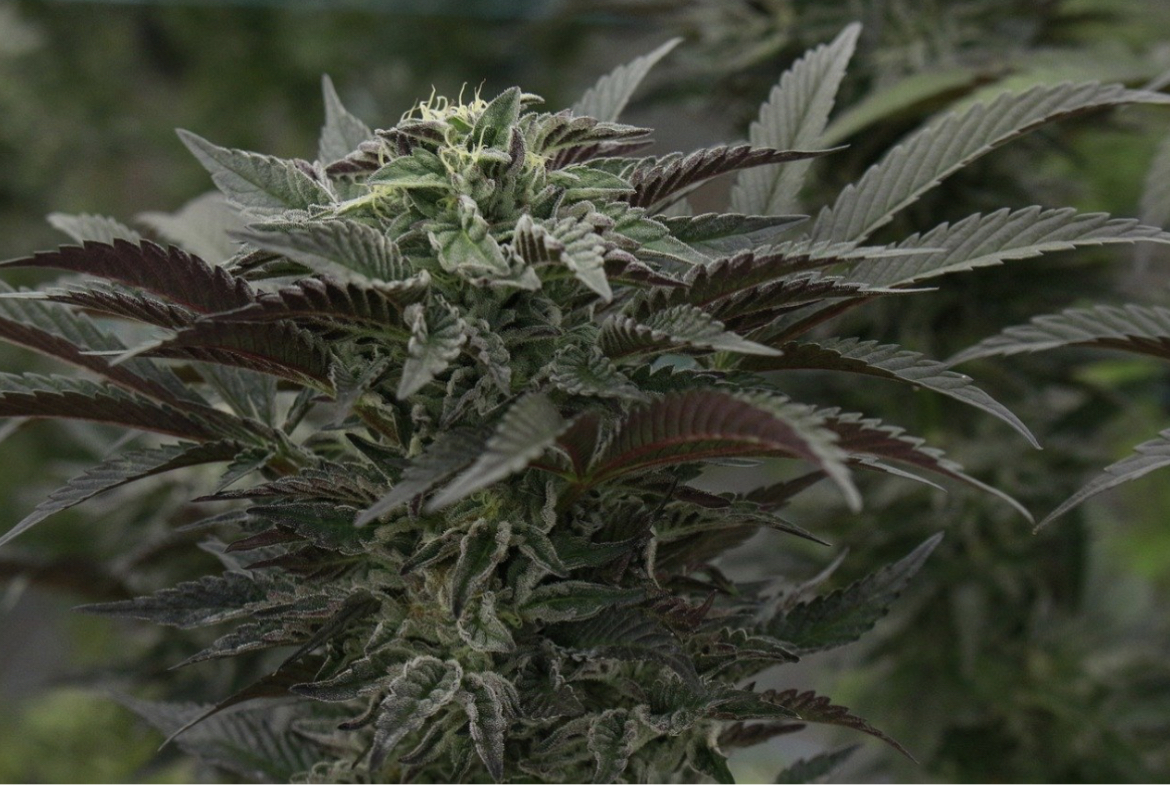How Does CBD Work for Pain and Stress-Relief? Your Top Questions Answered

CBD, or cannabidiol, has gotten a lot of attention in recent years for its potential benefits – that may be the reason why you are reading this article in the first place! It’s true that as a compound of the cannabis plant, it is non-intoxicating – and CBD has been studied extensively for its ability to provide pain relief and reduce stress and anxiety. It is, perhaps, most well-known for its amazing benefits for those suffering from chronic pain and stress. But how does CBD work to alleviate pain and promote stress relief? We’re here to address some of the most common questions surrounding its mechanisms and effectiveness – in short; we’re here to answer some of your top questions.
What is CBD – and how does it interact with the body?
CBD interacts with the body’s endocannabinoid system or ECS, which plays a crucial role in regulating various physiological functions (including mood, pain sensation, and stress response). The ECS comprises receptors (both CB1 and CB2), endocannabinoids produced naturally in the body, and enzymes that break down these endocannabinoids. CBD indirectly influences the ECS by binding to receptors and modulating their activity, thus affecting pain and stress levels.
How should CBD be used for pain and stress relief?
CBD can be consumed in various forms, including oils, capsules, topicals, and edibles. In fact, it is now possible to buy it as CBD hash in the UK. The most suitable method depends on individual preferences and the specific condition being targeted. When starting CBD, it is recommended that you begin with a low dosage and gradually increase if needed. Bear in mind that it’s important to choose high-quality CBD products from reputable manufacturers – and consider consulting with a medical professional for personalised advice.
How does CBD relieve pain?
CBD has shown plenty of promise in reducing pain by targeting various pain pathways in the body. It is said to interact with both CB1 and CB2 receptors, which are found throughout the body, to regulate pain signalling. CBD is also known for having anti-inflammatory properties, which can contribute to pain reduction by reducing inflammation, a common cause of chronic pain. In addition, CBD may affect the transmission of pain signals by interacting with serotonin and vanilloid receptors.
Can CBD alleviate stress and anxiety?
CBD has been reported to have anxiolytic (anti-anxiety) properties, making it a potential natural option for stress relief. It works by interacting with receptors involved in the regulation of mood and emotions, such as serotonin receptors. CBD may also influence the release and activity of neurotransmitters in the brain, promoting a sense of calmness and relaxation. While more research is needed to fully understand the mechanisms of CBD, it shows promise in reducing stress and anxiety-related symptoms.
Are there any side effects or potential risks?
CBD is often tolerated well, and severe side effects are rare. However, some individuals may experience mild side effects such as drowsiness, dry mouth, or a change in appetite. CBD can also interact with certain medications, so it is important to consult a physician before incorporating CBD into your routine, especially if you are taking other medications.
